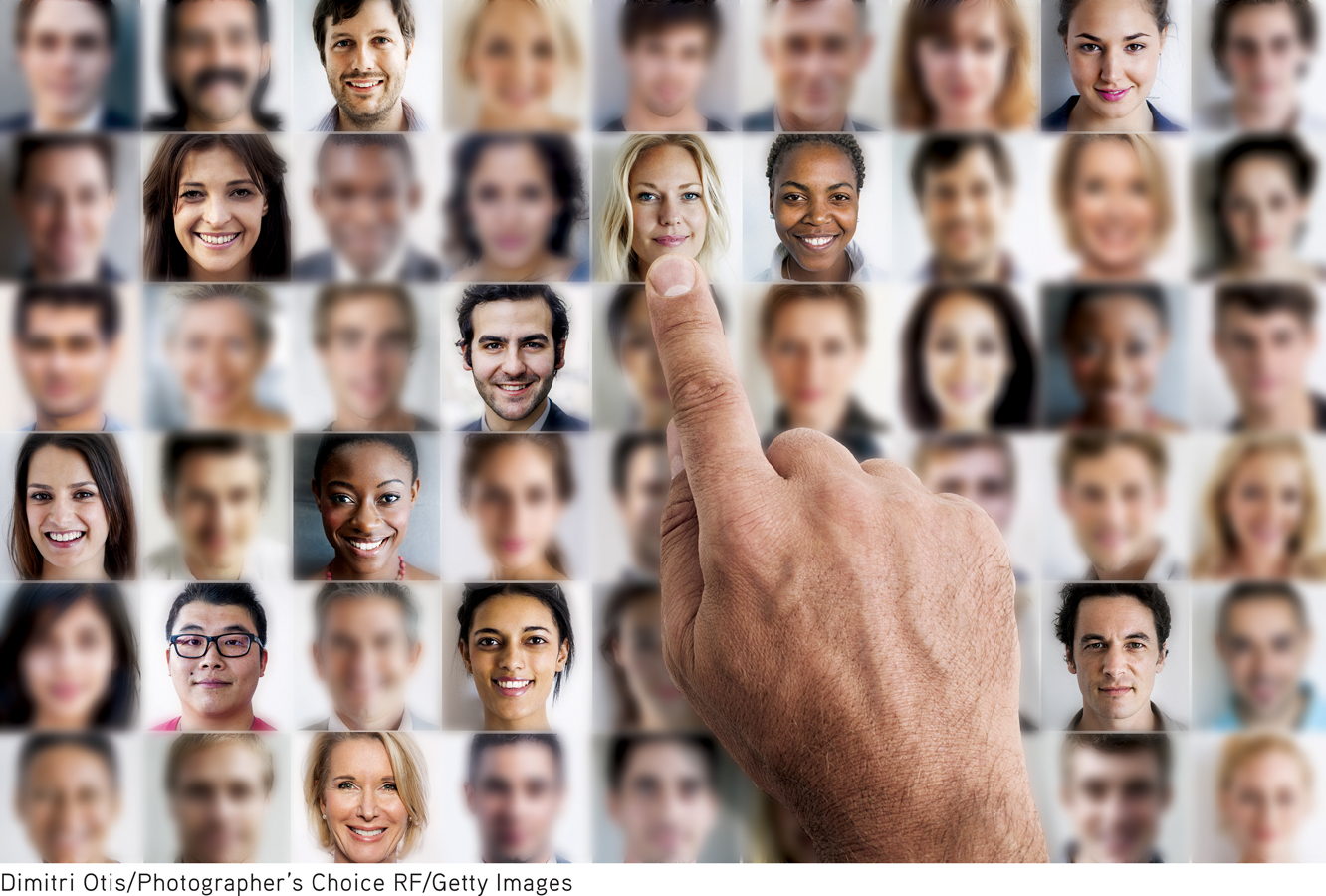Part 9 Memory
Memory1
.............

 Studying and Encoding Memories
Studying and Encoding Memories
 Storing and Retrieving Memories
Storing and Retrieving Memories
 Forgetting, Memory Construction, and Improving Memory
Forgetting, Memory Construction, and Improving Memory
Be thankful for memory. We take it for granted, except when it malfunctions. But it is our memory that accounts for time and defines our life. It is our memory that enables us to recognize family, speak our language, find our way home, and locate food and water. It is our memory that enables us to enjoy an experience and then mentally replay and enjoy it again. Our shared memories help bind us together as Irish or Aussies, as Serbs or Albanians. And it is our memory that occasionally pits us against those whose offenses we cannot forget.
In large part, we are what we remember. Without memory—our storehouse of accumulated learning—there would be no savoring of past joys, no guilt or anger over painful recollections. We would instead live in an enduring present, each moment fresh. But each person would be a stranger, every language foreign, every task—dressing, cooking, biking—a new challenge. You would even be a stranger to yourself, lacking that continuous sense of self that extends from your distant past to your momentary present.